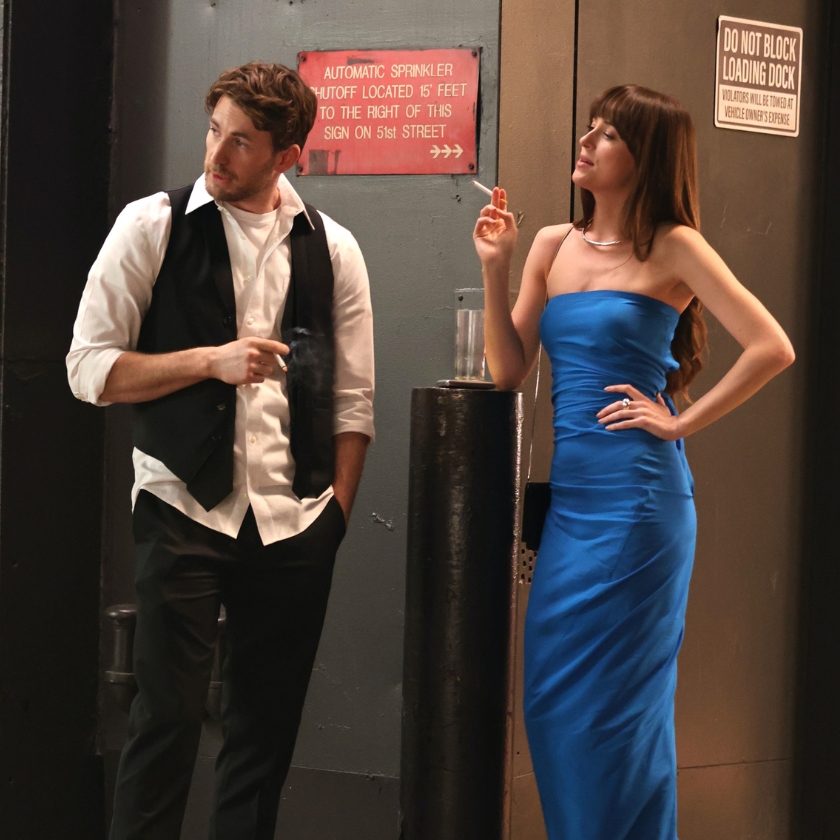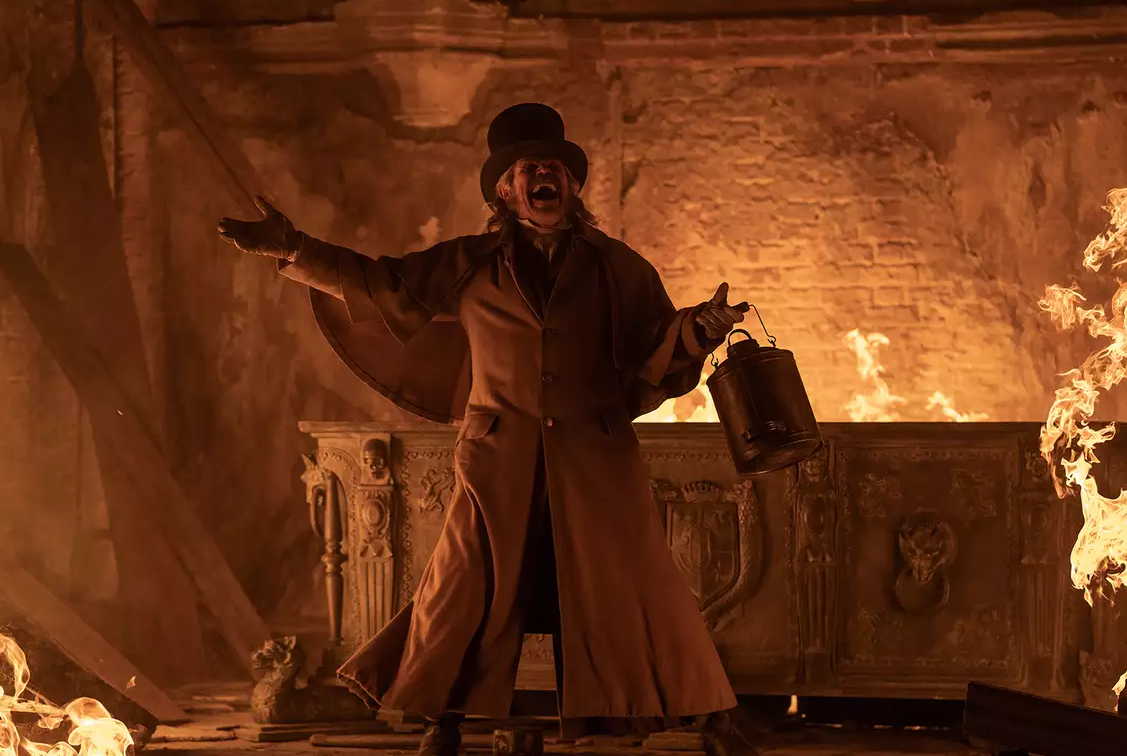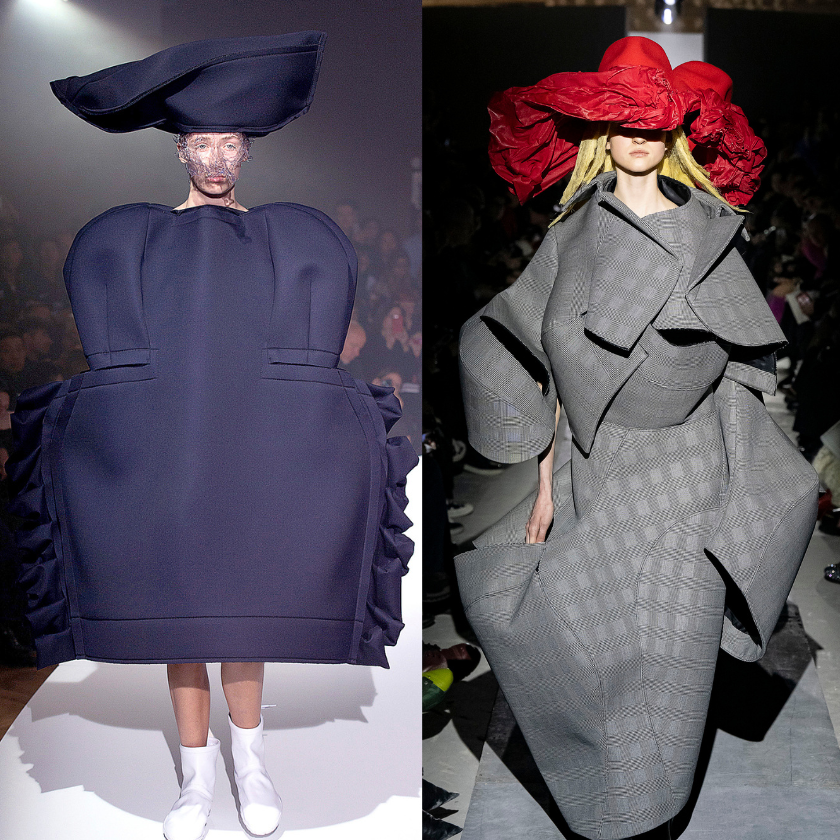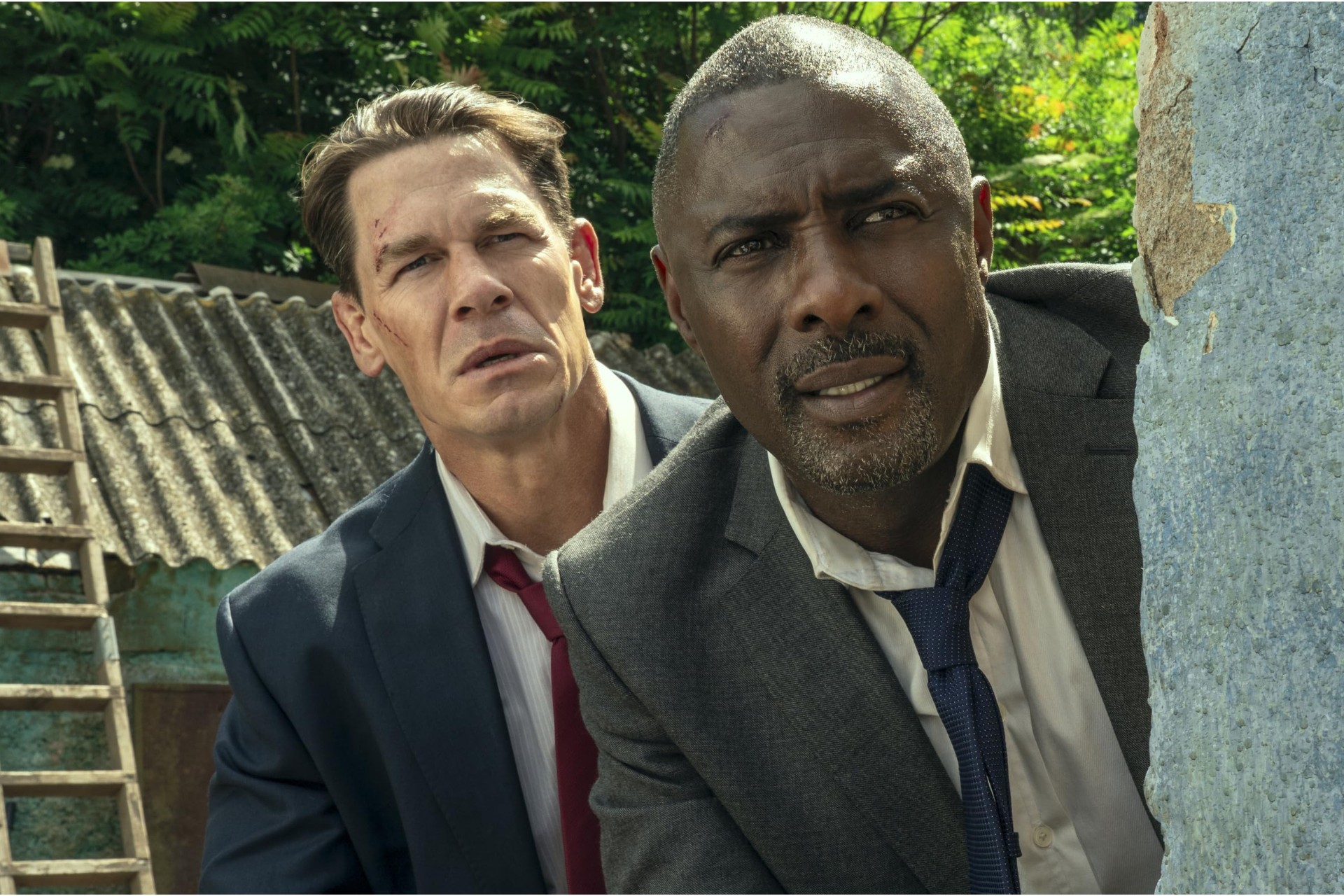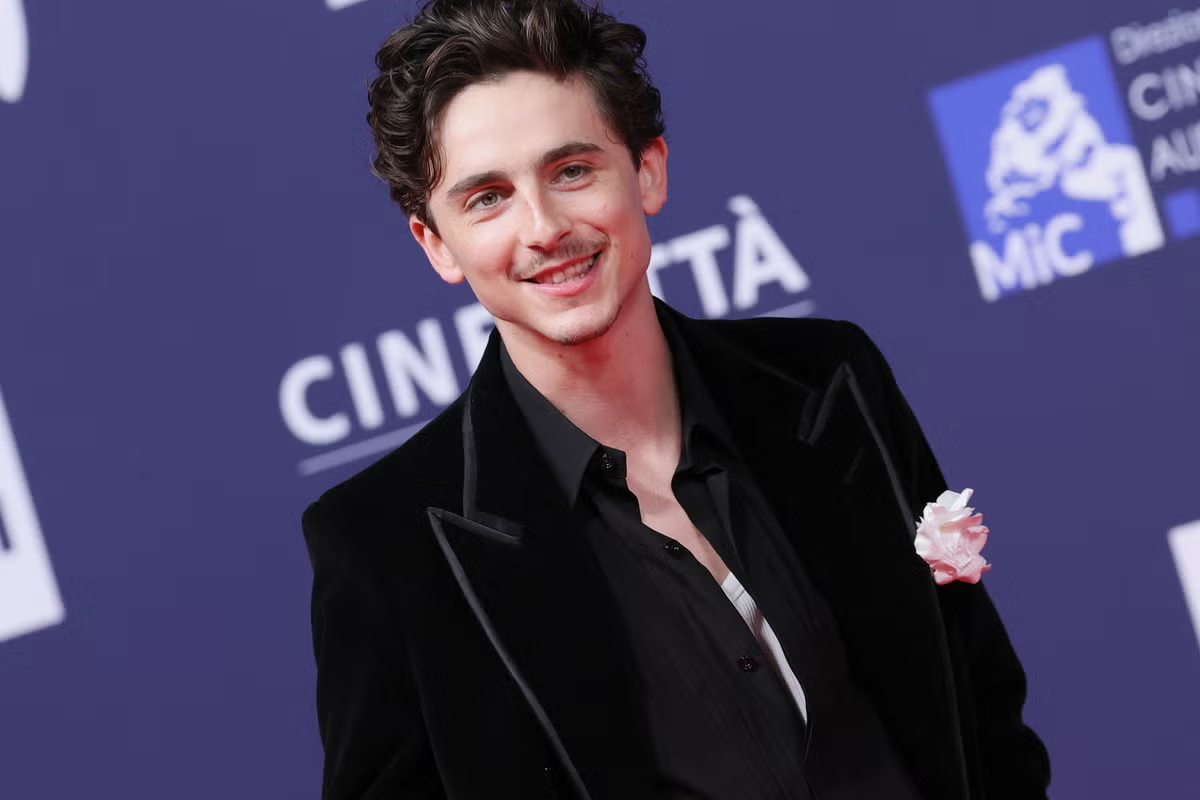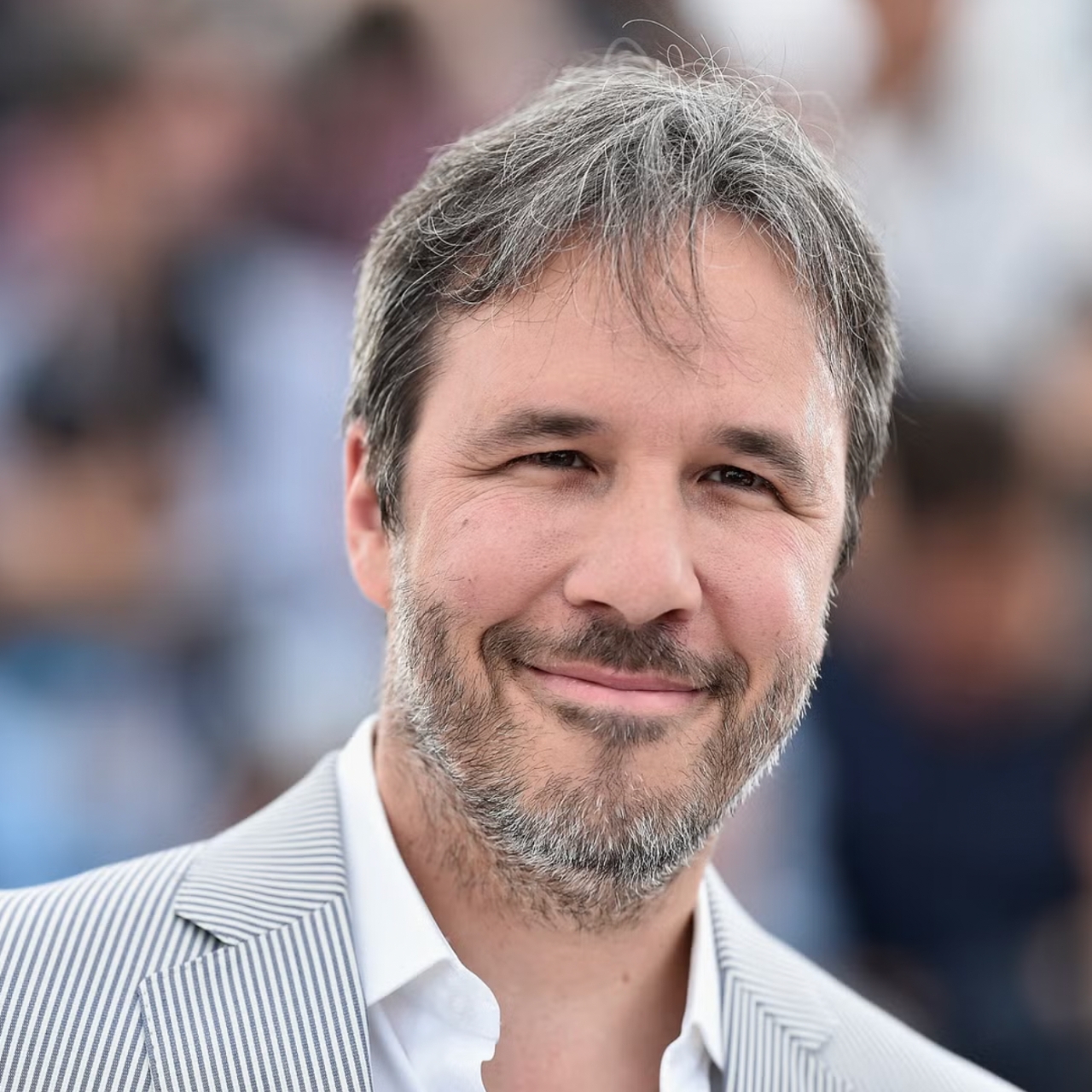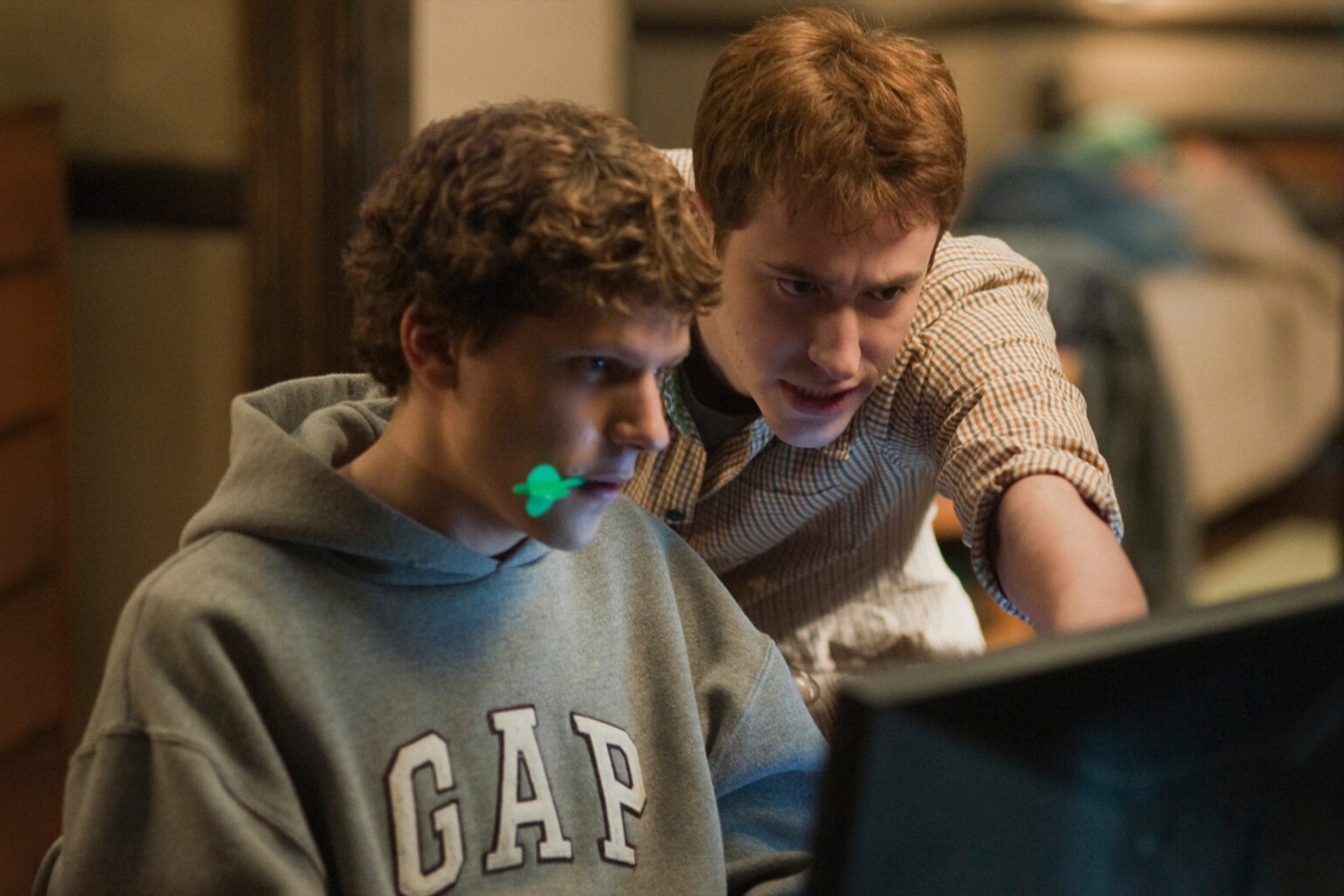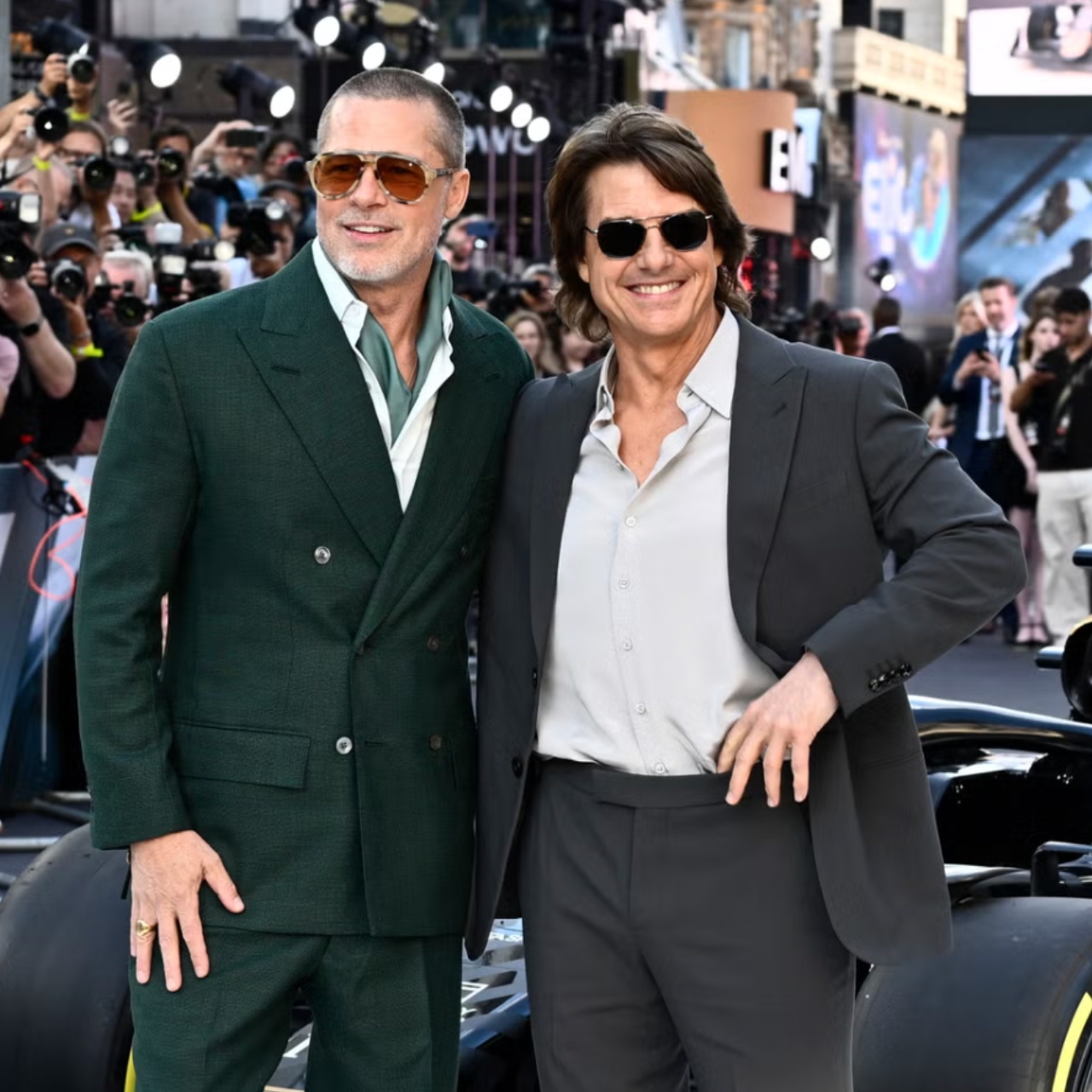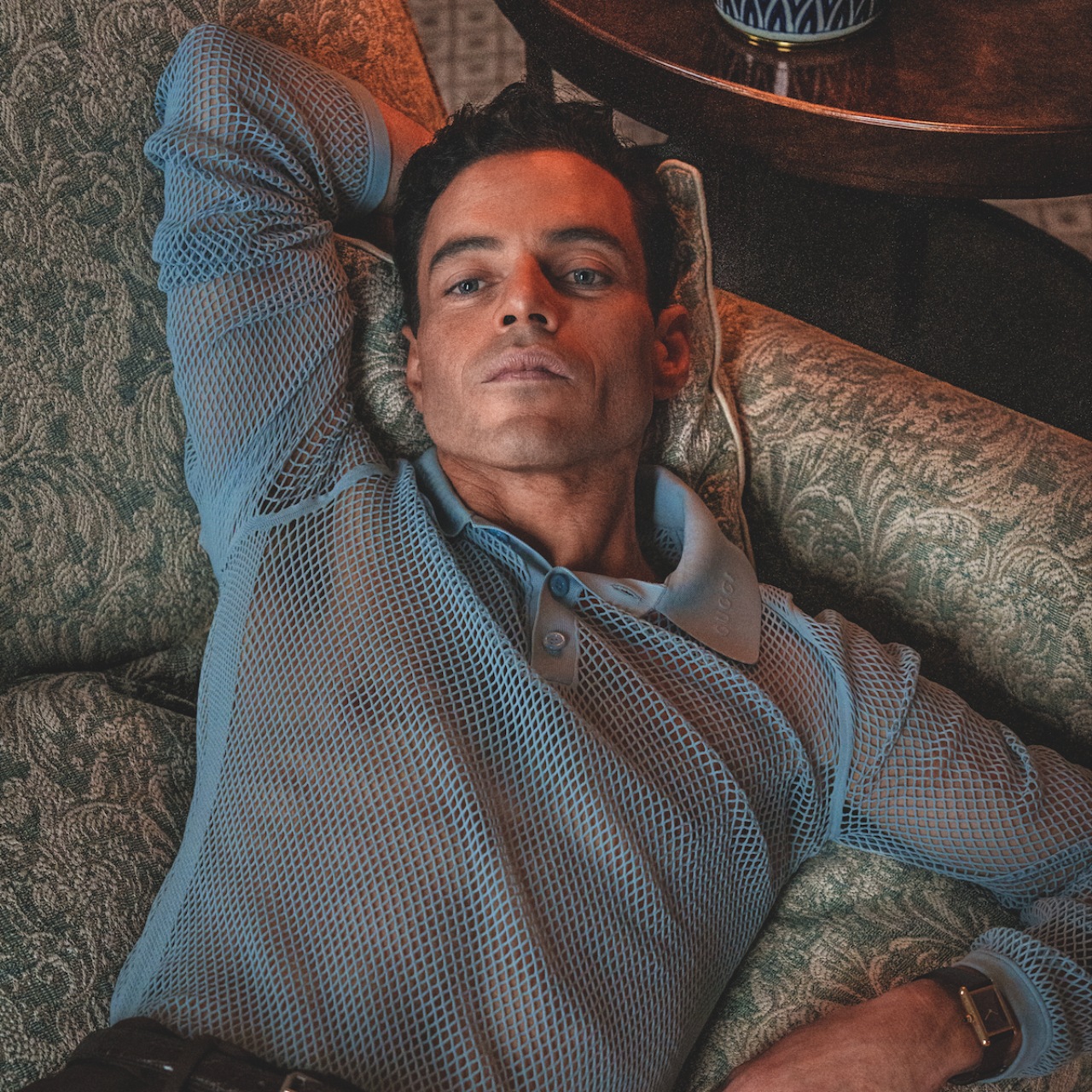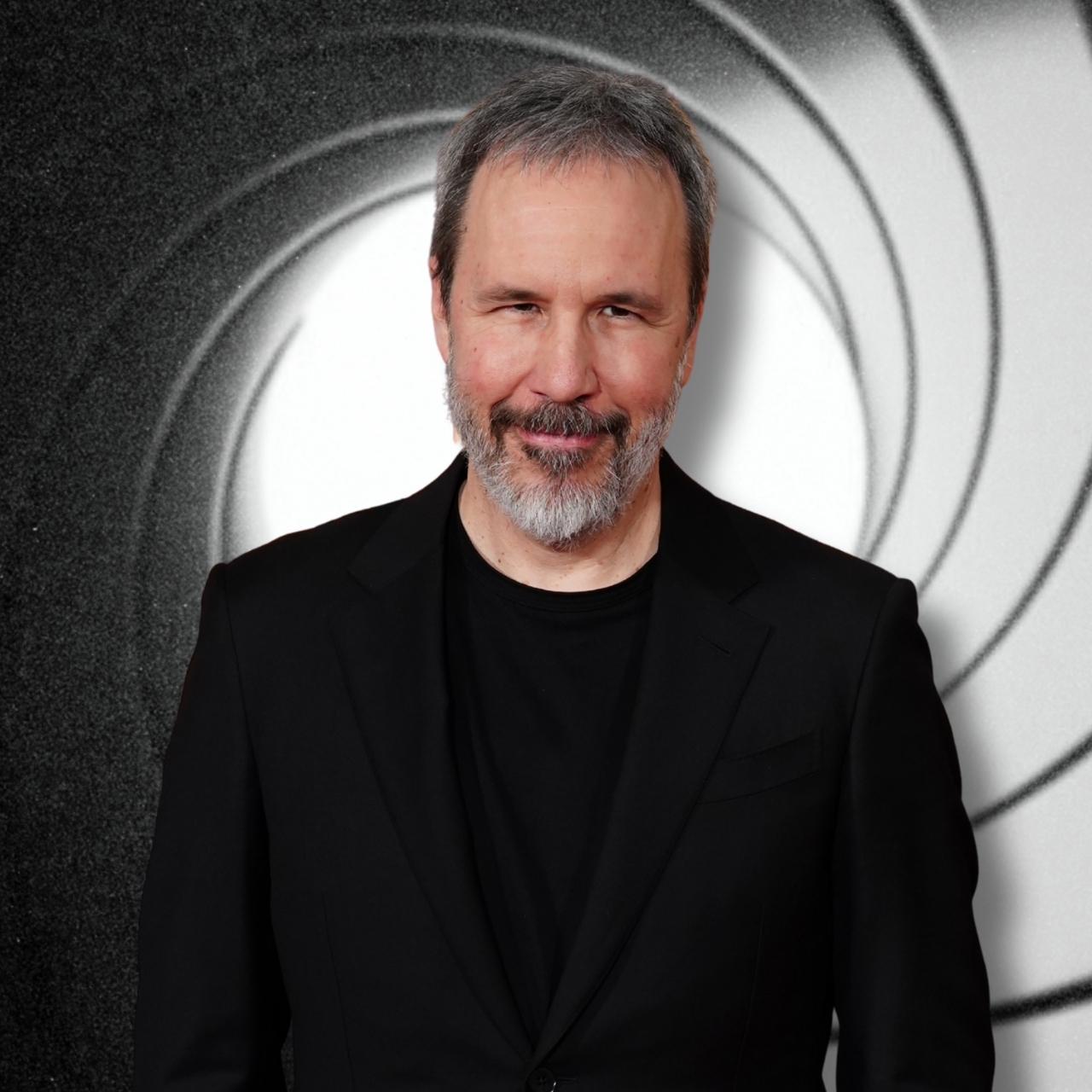‘American Psycho’ is a perfect movie. Does it need to be remade?
Mary Harron's film was faultless in its critique of the period’s pro-capitalist sigma mindset. But if anyone's capable of bringing something new to the source material, it's Luca Guadagnino
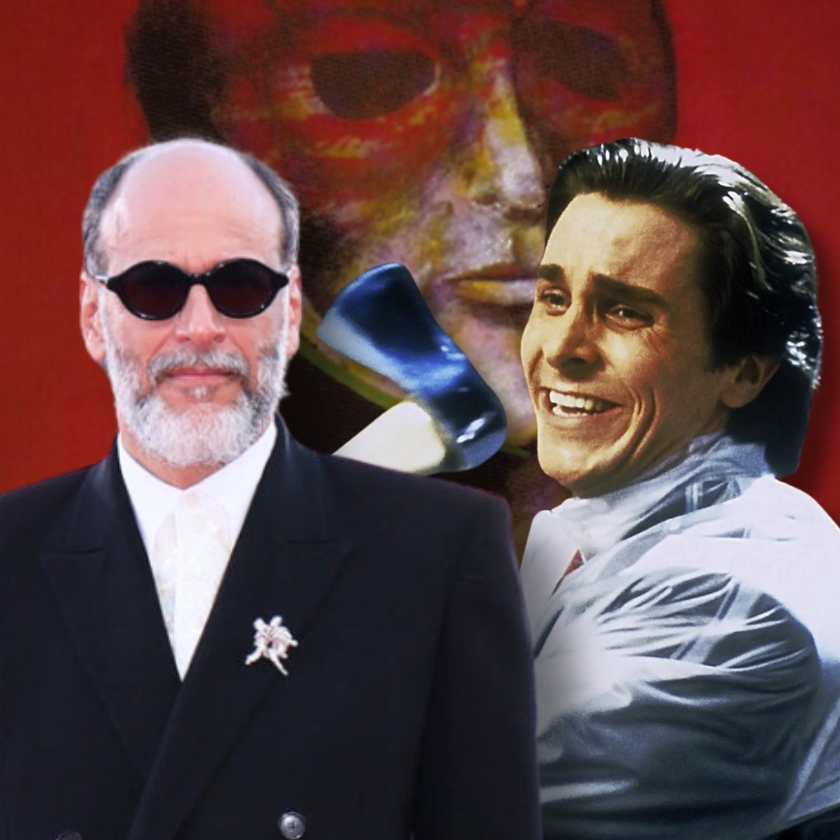
ON A RECENT VISIT to the bookstore, perusing through the fiction section as I usually do first, something shiny caught my eye. It was a shrink-wrapped paperback, and it seemed to be the only one in stock. The cover was an illustration of a man with broad shoulders wearing a sharp pinstripe suit with a yellow tie. But a big red triangle-shaped sticker on the wrapping obscured his face. The sticker read: Category 1 Restricted. R. Not available to persons under 18 years. The title was American Psycho, the 1991 novel by Bret Easton Ellis.
“I love it, love it, love it,” Ellis said in 2010, of his book’s prophylactic wrapping. “I told my publisher I want all my books restricted and put in little bags. It’s like a little sandwich!”
Audiences love adaptations of dangerous, divisive source material, but we’ve seen it go wrong time and time again. In the case of director Mary Harron’s 2000 satirisation of American Psycho, it went right. She was able to create, it could be argued, the “perfect” film. But if there’s one thing we know about Hollywood, and with its usual commercial intent, even masterpieces aren’t off-limits for a remake. Announced this week, Italian filmmaker Luca Guadagnino is set to direct his own adaptation, with Scott Z. Burns to bring “a whole new interpretation” to the screenplay.
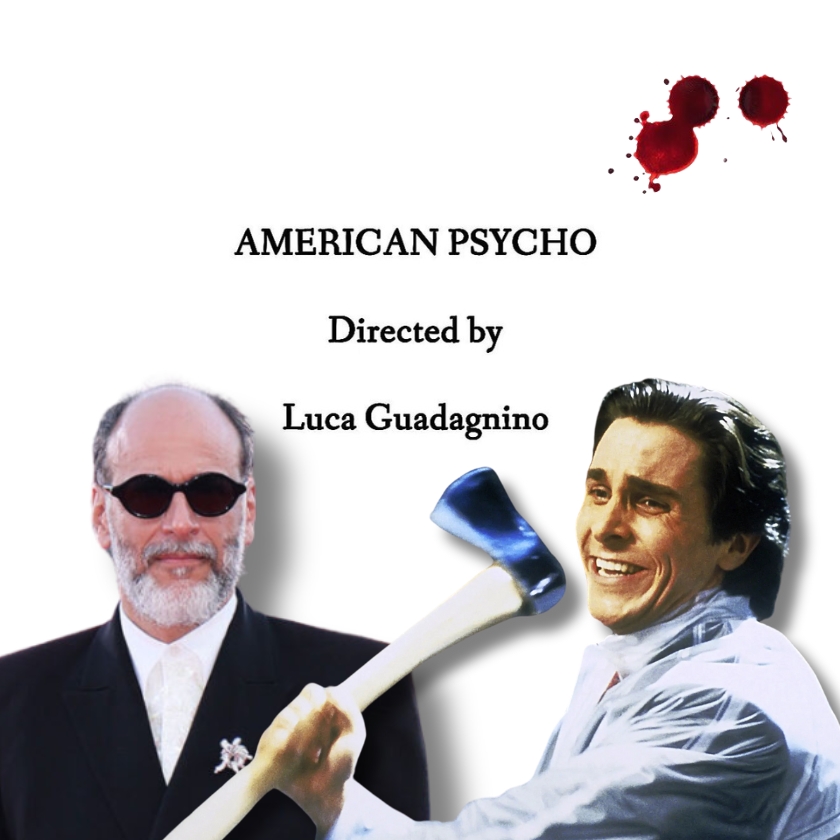
The story of Patrick Bateman, a status-hungry investment banker and aesthete who is a serial killer in his spare time, is a notorious object of literature. “Deeply and extremely disgusting” wrote the New York Times when the book was first published. It’s an extraordinarily difficult, unrelenting read of violence that, in the US, was named the 53rd most banned and challenged book from 1990-1999 by the American Library Association. Sex, Madonna’s “hardcore porn” tome, was 18th. But Harron’s retelling for the screen is sharpest (and funniest) in its critique of the period’s pro-capitalist sigma mindset. It’s the female gaze that instead focuses on two sex workers exchanging a knowing glance while servicing their client, a he’s weird.
Not that most men in the audience noticed anyway. To them, Bateman (famously played by Christian Bale), just looked awesome flexing his muscles in the mirror.
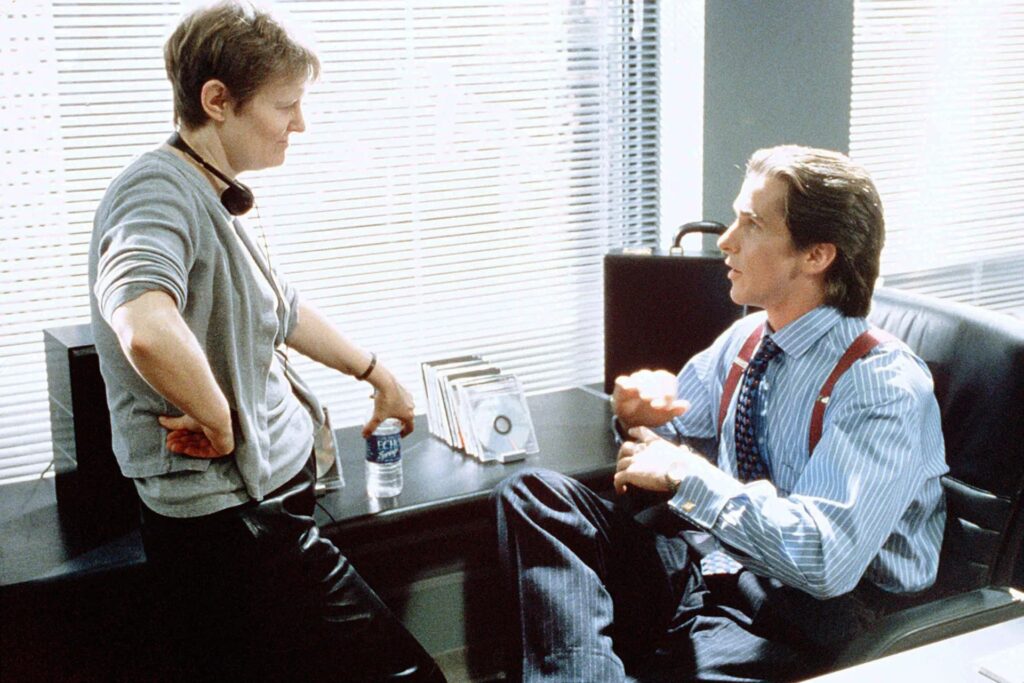
But the legacy of Harron’s adaptation is perhaps best observed in how younger generations of men have spun Bateman as, to an extent, a role model. In some spaces of the manosphere, the opening scene alone – running through his bizarre 10-step skincare routine and 1,000 stomach crunches – has become a template for masculine living; one that has Industry-type twenty-somethings waking up at 4:30 in the morning for ice baths, while pouring over The Power of Habit, and developing a taste for mid-century furniture.
In an unsettling twist of irony, the satire has found an audience beyond its initial incel culture associations. Harron’s work was ahead of its time for male anti-heroes and toxic masculinity in cinema, bringing a Bateman that represented, in some ways, a semi-enlightened breed of masculinity, the harbinger of “a man in finance, trust fund, 6-5, blue eyes,” as the bop goes.
Harron’s film is a classic for a reason. Which poses the question: do we need to revisit a “perfect” movie?
The announcement of Guadagnino’s remake comes as Joker: Folie à Deux stumbles in the box office, struggling to earn back its production budget of $200 million, plus its hefty marketing spend. Director Todd Phillips is facing the reality of his sequel living in the shadow of its first instalment, largely due to the musical element.
Offered as a way to further explore Arthur Fleck’s derangement – which apparently came to lead actor Joaquin Phoenix in a dream – the effect on the franchise’s typically fanboy audience was ultimately one of alienation (UK Esquire’s culture writer Henry Wong described Phoenix’s Fleck as “a hero to losers (on and off-screen)”). But what earned Phoenix the Best Actor Oscar for his role in the 2019 original was perhaps the film’s biggest criticism overall: the glorification of violence. It’s a conversation Harron was all too familiar with when she was on the Venice Film Festival jury in 2019 (the Golden Lion prize was awarded to Joker that year).
“It’s always the same conversation,” Harron told Vulture in 2020. “These attacks always focus on some kind of art movie. They never focus on the extreme violence in mainstream entertainment.”
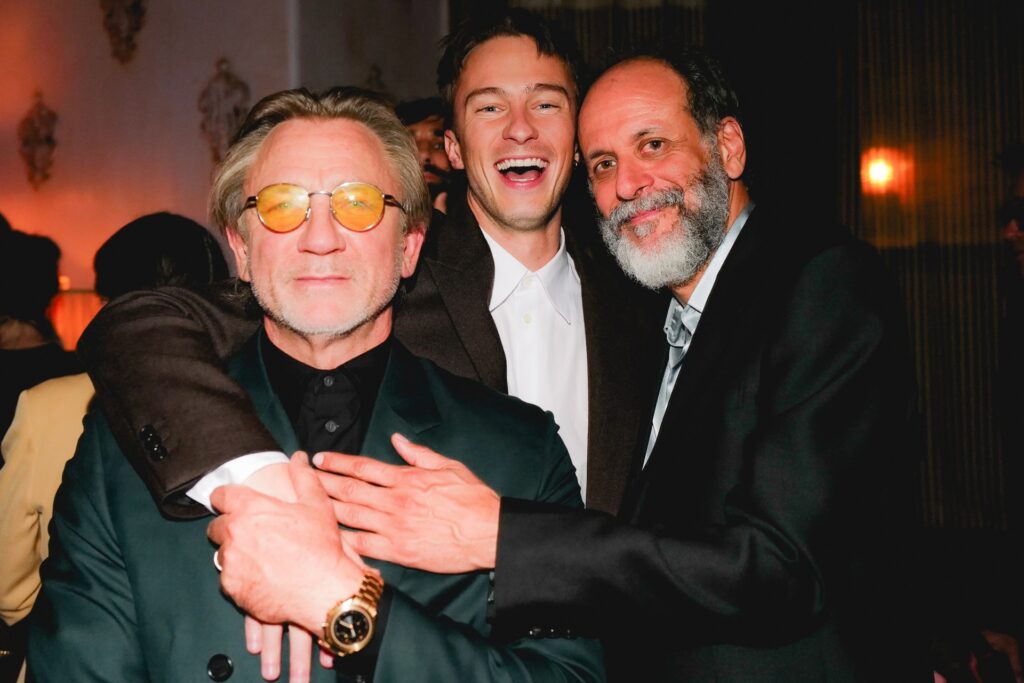
A Guadagnino-directed American Psycho, in theory, sounds great. Guadagnino is arguably the hottest director in the world right now; Challengers was the horniest film of the year, and he’s currently on the film festival circuit promoting his upcoming Queer, which sees Daniel Craig and Drew Starkey play age-gap lovers in 1950s Mexico City.
His most acclaimed works have explored facets of queer identity and masculinity, and three of them (Challengers, Bones and All, Call Me By Your Name) are romantically American. Guadagnino is also no stranger to adaptations or remakes. “For me, when approaching any book adaptation or remake, it’s about understanding what the story carries within itself that goes beyond the form of the original work,” he said last year when news of his Scarface remake fell through, “so that you can tell that story from a completely different perspective.”
Critical delusions of an original being damaged by a remake doesn’t stop anyone from enjoying the original. It’s the prospect of seeing a Bateman given the Guadagnino treatment, imagined by the same auteur who has audiences gagging to watch a post-James Bond Craig. Because who would watch an American Psycho directed by a straight man? It would just be frustrating.
Update: Austin Butler is Patrick Bateman in Luca Guadagnino’s American Psycho
It’s official: Austin Butler is set to play Patrick Bateman in Luca Guadagnino’s new interpretation of the Bret Easton Ellis novel. When news of the project was announced in October, hopeful castings of the iconic role was speculated among Hollywood’s leading men, particularly eyeing Jacob Elordi. Well, it seems Elordi has been out-Elvis’d.
The role is fitting for the current trajectory Butler is on. Ever since his role in Baz Luhrmann’s 2022 Elvis, Butler has had a string of roles since spanning several genres, and working with some of the business’ great auteur directors from Denis Villeneuve in Dune: Part Two, Jeff Nichols in The Bikeriders, and Ari Aster’s upcoming Eddington.
But perhaps it was his role in Villeneuve’s Dune sequel, where he played the dolphin-smooth yet psychopathic Feyd-Rautha Harkonnen, that scored him in Guadagnino’s radar. It will indeed be an interesting project to see how Butler gets the Guadagnino transformation (though, does he need it?).
Return here as more news about casting, release date, and plot details develop.
Related:
In defence of Joker: Folie à Deux
Paul Mescal and Pedro Pascal reveal their Gladiator 2 training regime













